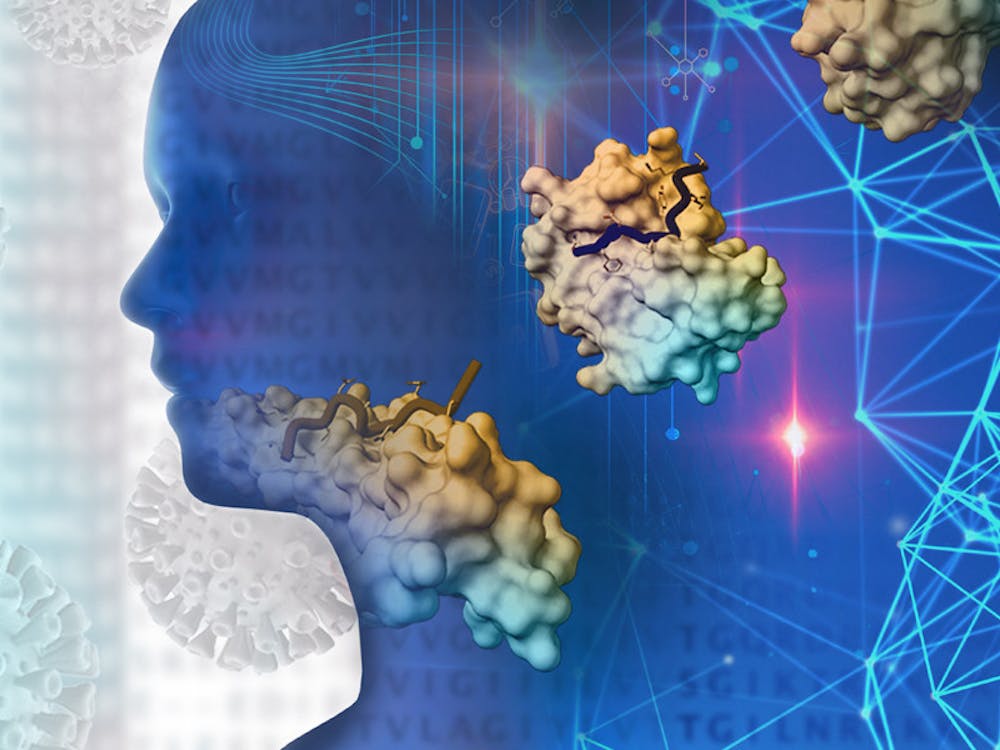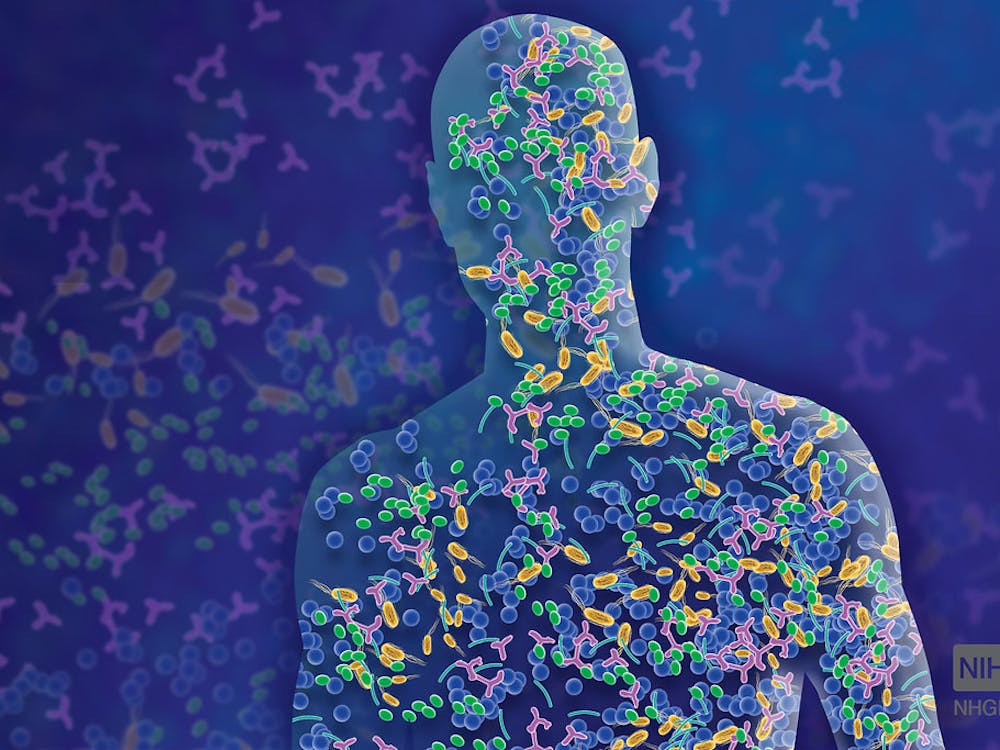Advances in science have enabled scientists to debunk a lot of household myths that persist over the centuries. Recently, another household myth has proven to be based in science. Zhou-Feng Chen, the director of the Study of Itch at Washington University in St. Louis, investigated the effect of scratching on itches and found that itches get worse if scratched.
Although most people already know that scratching an itch produces a small amount of pain, they do not realize that the sensation will worsen the feeling of itch. The feeling of relief someone gets by scratching an insect bite is due to the interference by pain signals. When one scratches the bite, pain signals are sent down the spinal cord, temporarily blocking the itch signals from reaching the brain.
Sensory neuron receptors known as nociceptors handle sensations of pain. When stimulated, nociceptors send a signal down the spinal cord through two different routes. One route runs through something called the A-delta fiber, which is surrounded with cells called myelin. Myelin increases the transfer speed of the signal, creating the sensation of a short, sharp pain. The other route uses C fibers, which are not myelinated. Signals that run through C fibers are interpreted as long, dull pains. The sensation of itching also uses C fibers, as well as receptors known as GRPRs, to transfer signals.
The relief of scratching is short-lasting, and according to researchers at Washington University, scratching the skin may intensify the itch. When pain signals arrive at the brain, the brain responds by increasing levels of serotonin, a neurotransmitter, to reduce pain. By releasing serotonin, the brain is also exposing the spinal cord to a larger amount of the chemical. This increases the number of itch signals traveling to the brain.
“This creates a paradoxical condition for serotonin: it inhibits pain and amplifies an itch, so you have to scratch harder to inhibit the itch, resulting in more serotonin and the itch scratch cycle,” Chen said.
To test the effects of serotonin on itch sensation, researchers used two strains of mice. One type of mouse lacked the ability to create serotonin while the other was the control group. Both groups were injected with an itch-inducing compound and tested for their response to an itch. Mice unable to produce serotonin perceived less itching than normal mice, as seen through decreased scratching.
Despite the success of the experiment, doctors cannot treat itches with drugs that inhibit the action of serotonin. Since serotonin is responsible for a variety of functions such as growth and mood regulation, artificial changes in serotonin levels may impact future health. Rather, scientists have determined that a serotonin receptor, 5HT1A, is responsible for interacting with GRPRs and itch signals in the spinal cord.
When targeting 5HT1A blockers, scientists at Washington University decreased the amount of scratching in rats injected with itch-inducing compounds.
“[The results may] break the vicious itch-scratch cycle by disrupting the communication between serotonin receptors and itch receptors called GRPRs because such a blockade will be targeted to chronic itch conditions only,” Chen said.






















Please note All comments are eligible for publication in The News-Letter.